Highly-respected London Evening Standard correspondent Ken Dyer, who has covered West Ham United across six decades, pays tribute to the life and career of our Joint-Chairman David Gold…
David Gold was proud of many things – his East End roots, his Mum, his family, his business, his house in Surrey with its own golf course – and West Ham United.
His love for the Club began during his formative years spent growing up in abject poverty in a house, prophetically numbered 442, in Green Street, Upton Park, opposite the Club’s then home at the Boleyn Ground.
He was a promising young player, quick, left-footed and played for London Boys, West Ham Colts and the Club’s 'A' team, before being offered apprentice professional forms by Club manager Ted Fenton. That dream eluded the young David, though. His father refused to sign the forms and in his recent autobiography, his disappointment was still palpable.
‘My father, in his wisdom, refused to sign the forms,’ wrote David. ‘He was the archetypal alpha male who had hardly ever been at home, trying to show he was the boss and enforcing his word as law. Maybe it was because at that time, there was a maximum wage of £20 a week and no prospect but I don’t think so. After all, what was the alternative? At the time I was an apprentice bricklayer who ran errands and earned less than £3 a week.’
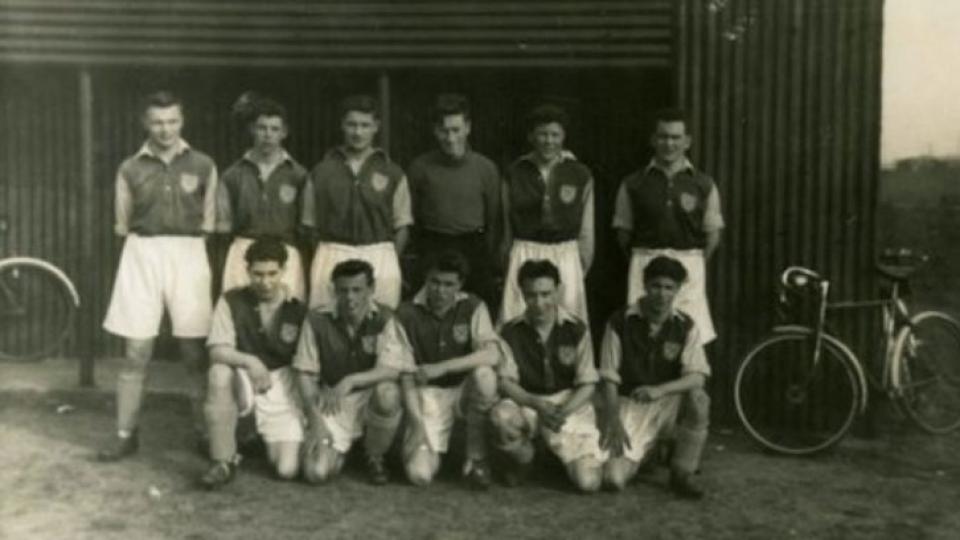
Despite that profound disappointment, though, David remained immensely proud of his playing days at West Ham and I could sense that pride when he once showed me a team photograph of him in a Claret and Blue shirt, representing West Ham Boys in 1953.
“There I am,” he would say, “far right, front row. That’s my bike in the background, leaning up against the shed wall.”
David’s full and successful life is, as described in his autobiography, 'The Ultimate Rags to Riches Tale’.
The mean streets of East London during and after World War II, were rough and tough, especially for someone like David, whose father was Jewish, and growing up in an era and an area where anti-Semitism was rife.
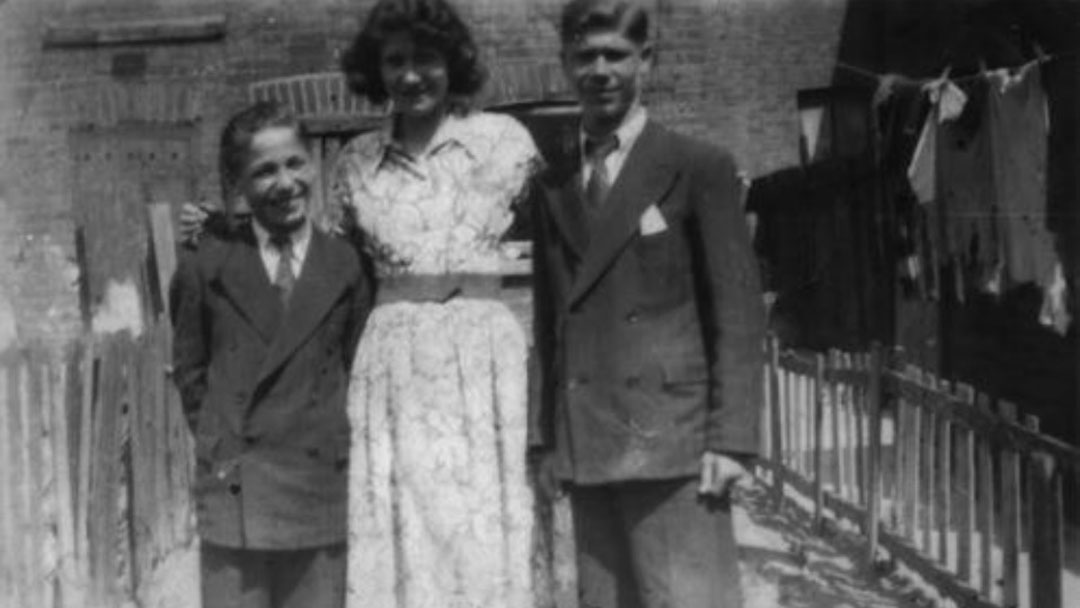
He and his brother Ralph, though, displayed early signs of entrepreneurial talent by selling buttons and kids’ comics on a stall outside their house and from that humble, early business foray, David went on to become a highly successful businessman, first developing an adult magazine company with his brother, building a property portfolio, and then later owning a corporate air service and becoming chairman of retail chain Ann Summers.
David always wanted to be involved in West Ham United and in 1991 he, brother Ralph and David Sullivan purchased shares in the Club. His ambition to eventually own the Club which had played such a big part of his early life did not materialise at that time, however, but the two Davids instead acquired Birmingham City in 1993.
The pair, plus Karren Brady, stayed at St Andrews for 16 years, but there were new challenges ahead and, as he later said: "Maybe, just maybe, one of those challenges could be returning to West Ham where it all started.”
He didn’t have long to wait since, in January 2010, the two Davids became the owners and Joint-Chairmen of West Ham United.
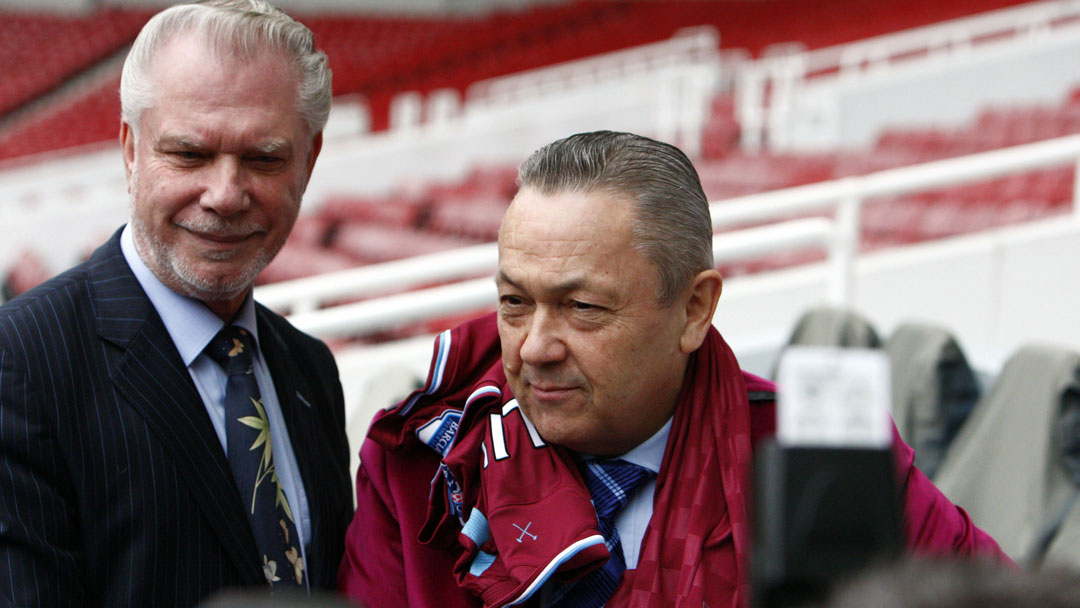
“I have to confess,” wrote David, “I was quite emotional. It was the fulfilment of a lifetime ambition although through the years, I had never really believed it would happen.
“Some people might say it was the fulfilment of a boyhood dream though in truth, because of the poverty I grew up with, I could never have had such a dream. My dream back then was to own a bicycle, not a football club.”
Having stepped in to rescue the Club’s future at a time of huge financial plight, the owners and Vice-Chairman Karren Brady worked hard at reducing the levels of debt and in 2016, the opportunity came to move from Upton Park.
David has since admitted that that initially he had 'felt a great unease' about the Club moving to London Stadium but became convinced that: “We had to grasp the nettle and make the courageous move if we were to ever challenge at the highest level.”
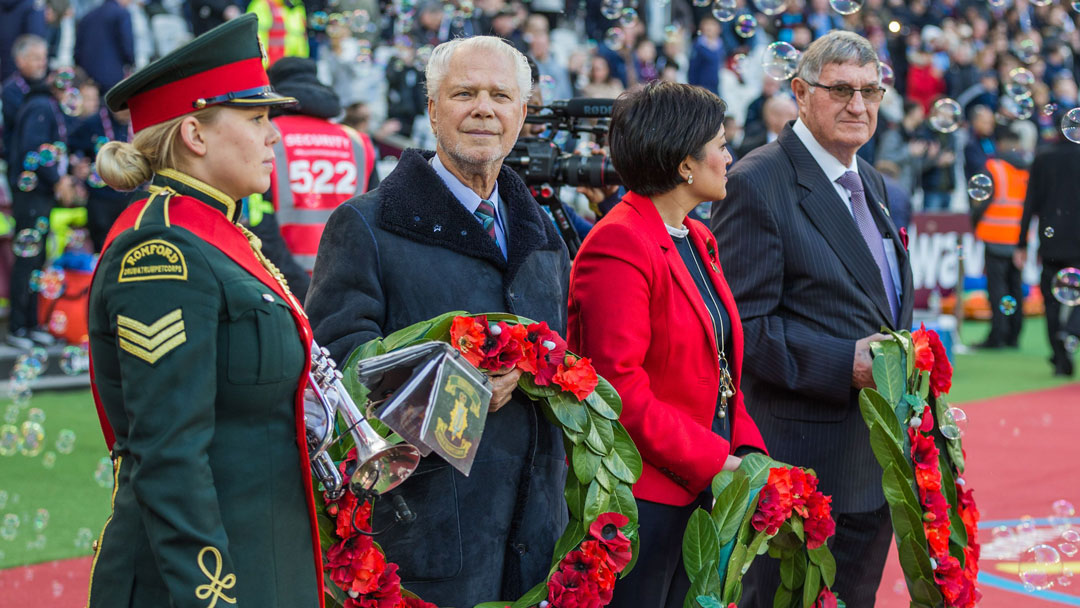
Throughout some difficult times in the first few seasons at the Club’s new home, David remained positive, committed and open and accessible to supporters – always confident that better times would follow, and fiercely passionate about wanting success for West Ham United. Nobody was happier or more prouder to see the Club secure top six and top seven finishes in the last two years, and enjoy the memorable European nights at the London Stadium last season, than David Gold.
I saw him most recently at the opening of the Mark Noble Arena at Chadwell Heath last May. He was, as usual, dressed impeccably with manners to match and as former player Carlton Cole wrote in his tribute, 'always had time' for people.
He was an experienced pilot and also learned to fly helicopters in his late 60s, occasionally scattering players, coaches and tactics’ boards at the Club’s Chadwell Heath training ground as he landed. He built a golf course in the grounds of his Surrey house and revelled in opening it once a year to raise money for charity, something he did significantly in later years without fuss or attention.
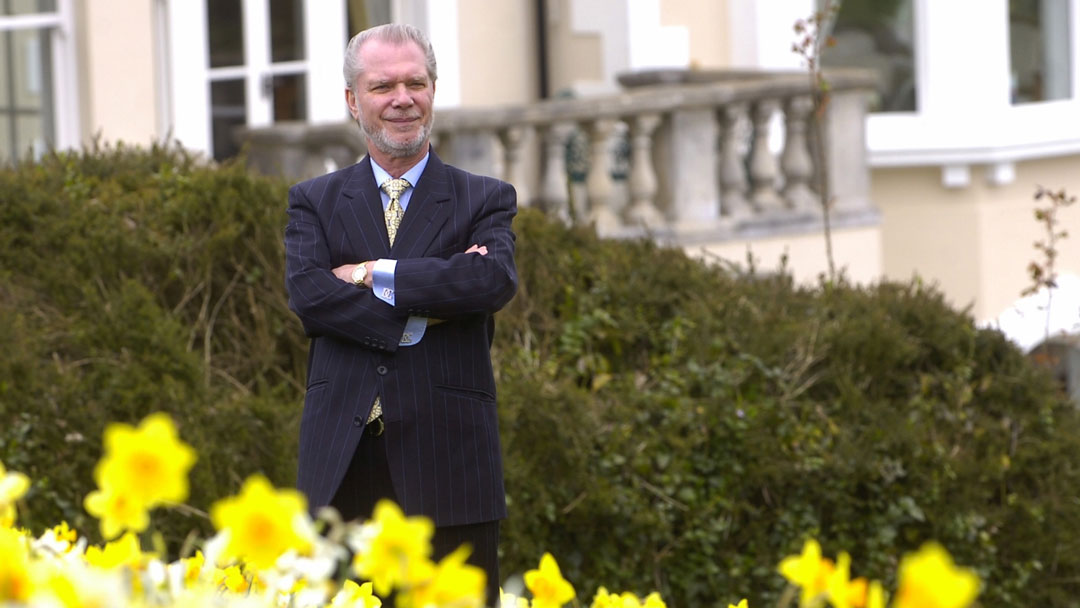
David's family - his two daughters, Jacqueline and Vanessa, granddaughter Scarlett, and fiancée Lesley - were very special to him, as was his mum Rose. He loved being involved with West Ham United in later life and had time for everyone on his frequent visits to Rush Green.
'So many of the rich and famous have no time for others,’ David wrote in his autobiography. 'This must not happen to me and that look in the mirror at home every morning is a ritual that reminds me of my family, my roots, my past, my motivation, my successes, my losses, my loved ones and my values.’
